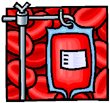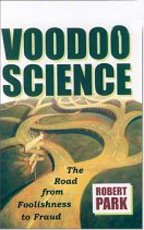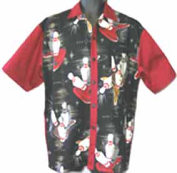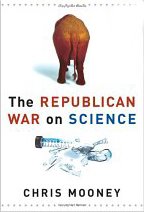With all of the weirdness out there I can only imagine how hard it would be for a girl to find a decent guy to date. The whole concept of picking up guys in bars just seems to me like just sifting through the garbage to find the best groceries. Wouldn’t it be neat to go somewhere to find some guys who where nice, compassionate, healthy, clean and not gay. You’d almost want to have a questionnaire of some sort to see if the guy you were interested in was even worth further consideration. Well wouldn’t it be great if you could get somebody else to ask those embarrassing questions for you and sort of rubber stamp which guys passed so you didn’t have to waste any time with the rest? This is exactly what I think happened to me last Thursday.
 At least once a month I donate platelets at the Red Cross in a process called aphaeresis. I’ve been doing this for years but it has taken a special importance to me since my niece and a good friend of my son’s had been diagnosed with cancers. Before you are allowed to donate they take you into a small room and ask about 30 questions to try to determine how clean your blood is. “Have you ever, even once, had $3x with a woman who has taken drugs with a needle?” This is one of the more tame questions. Suffice it to say that if the nurses allow you anywhere near the tables then you are clean, you are not a drug user, you have no body piercings, no dirty tattoos, you are charitable and not gay. At this point I was officially rubber stamped. So when the other donor came in and saw me already with the needles in my arm donating she just had to make the judgment of whether or not she thought I was cute.
At least once a month I donate platelets at the Red Cross in a process called aphaeresis. I’ve been doing this for years but it has taken a special importance to me since my niece and a good friend of my son’s had been diagnosed with cancers. Before you are allowed to donate they take you into a small room and ask about 30 questions to try to determine how clean your blood is. “Have you ever, even once, had $3x with a woman who has taken drugs with a needle?” This is one of the more tame questions. Suffice it to say that if the nurses allow you anywhere near the tables then you are clean, you are not a drug user, you have no body piercings, no dirty tattoos, you are charitable and not gay. At this point I was officially rubber stamped. So when the other donor came in and saw me already with the needles in my arm donating she just had to make the judgment of whether or not she thought I was cute.After we’d both finished donating she dropped a few subtle hints that she was interested. It was only after we were in the elevator that she realized her one flaw in her dating strategy. The nurses did not prescreen the married guys. They put blankets on us while were donating so we don’t get too cold and frequently our hands are covered, so she wouldn’t have been able to see my ring. Perhaps we should let the nurses in on this little flaw so they can put the single guys on one side of the room and the happily married guy on the other. Just add it to the questions that they already ask us.
So to the cute, early twenties, brunette who gave platelets last Thurday. Good luck on your search. I hope you find a nice charitable guy who is clean, not gay and also not already married. I admire your strategy and I’m sure it’ll work better than bar hopping.
After relating this story to my wife she decided to blog it too. Here is her version.






